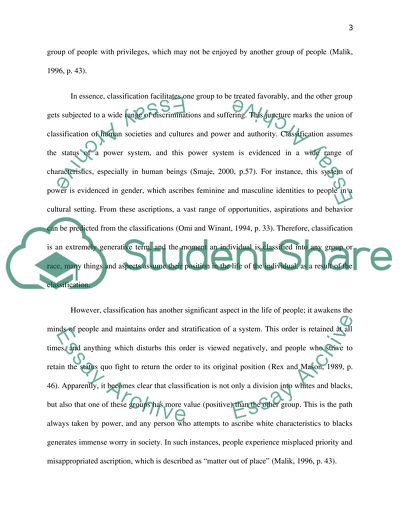Cite this document
(“How convincing do you find Stuart Hall's approach to 'race' Essay”, n.d.)
How convincing do you find Stuart Hall's approach to 'race' Essay. Retrieved from https://studentshare.org/history/1459554-how-convincing-do-you-find-stuart-hallyies
How convincing do you find Stuart Hall's approach to 'race' Essay. Retrieved from https://studentshare.org/history/1459554-how-convincing-do-you-find-stuart-hallyies
(How Convincing Do You Find Stuart Hall's Approach to 'Race' Essay)
How Convincing Do You Find Stuart Hall's Approach to 'Race' Essay. https://studentshare.org/history/1459554-how-convincing-do-you-find-stuart-hallyies.
How Convincing Do You Find Stuart Hall's Approach to 'Race' Essay. https://studentshare.org/history/1459554-how-convincing-do-you-find-stuart-hallyies.
“How Convincing Do You Find Stuart Hall's Approach to 'Race' Essay”, n.d. https://studentshare.org/history/1459554-how-convincing-do-you-find-stuart-hallyies.


